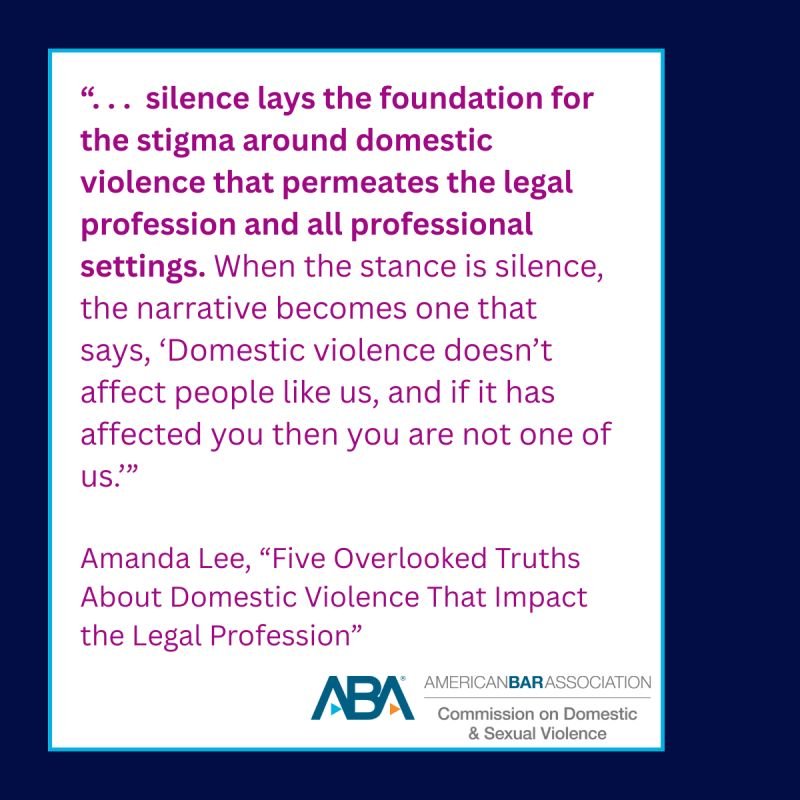
Resources for Victims of Domestic Abuse
This page includes definitions and examples of abuse. Please take care of yourself as you engage with the material. Take your time and prioritize your emotional well-being while reading. If you feel overwhelmed at any point, be kind to yourself. It’s okay to step away, take a break, or seek support.
If you are in immediate danger, please call 911.
Click each link below to go to that section:

“Domestic abuse contributes to decreased economic productivity due to absenteeism, distraction, and emotional distress.”
Types of Abuse
Abuse is a pattern of behavior that is used by one partner to gain power and control over the other. Any ongoing behaviors that intimidate, manipulate, humiliate, isolate, frighten, terrorize, coerce, threaten, blame, hurt, injure, or wound someone are abusive.
-
Examples of abusive behaviors:
Physical harm (e.g., slap, punch, hit, bite, hair pulling, choking, pushing, holding down, etc.)
Threatening physical harm, even if it is not carried out.
Using or showing a weapon with the intent to scare.
Harming pets to exert control.
Restricting movement (e.g., preventing a person from entering or leaving a home or room).
Throwing objects.
Denying or preventing access to necessary medications or treatments.
-
Examples of abusive behaviors:
Forcing unwanted sexual acts or behaviors.
Disregarding or shaming sexual desires, needs, or boundaries.
Withholding sexual intimacy or requiring sexual acts to punish or control.
Pressuring a partner to participate in unwanted sexual acts (e.g., viewing pornography, involving others, public displays, etc.)
-
Name-calling, insulting, blaming, criticizing, or yelling.
Jealousy or refusing to trust someone to control or manipulate their behavior.
Humiliating someone, especially in front of others.
Accusing someone of being unfaithful or lying.
Damaging, discarding, or withholding personal belongings.
Punishing someone (e.g., giving the silent treatment, not being home without explanation, breaking promises, or ruining events/plans, etc.)
-
Gaslighting (i.e., manipulating someone into doubting their own reality).
Brainwashing or using extreme control tactics.
Isolating someone from family, friends, or social networks.
-
Examples of abusive behaviors:
Providing an allowance to restrict independence or control decisions.
Monitoring all transactions (e.g., demanding receipts, constantly checking bank accounts, etc.)
Preventing access to financial resources.
Prohibiting someone from working or taking additional jobs.
Intentionally damaging someone’s credit score (maxing out credit cards without permission, not making payments, etc.)
-
Examples of abusive behaviors:
Controlling or monitoring someone’s social media activity.
Using GPS or location services to track or monitor someone’s movements, even with their consent, in a way that feels coercive or controlling.
Using in-home devices (e.g., cameras, alarms, smart speakers) to monitor someone’s movements or activities.
Insisting on access to passwords for personal devices or accounts.
Requiring immediate response to calls or texts, and reacting negatively when expectations are not met.

Am I in a Healthy Relationship?
If you are reading this, you may be wondering about your relationship and whether certain behaviors you have or are experiencing are abusive. Below are some questions to help you reflect on your relationship. This list is not exhaustive, but it can help you start thinking about your experiences.
-
Do I avoid certain places, actions, people, or topics because they make my partner unreasonably upset?
-
Do I edit or leave out parts of stories about my relationship or partner because I’m worried others might think badly about my partner or my relationship?
-
Do I feel like I often minimize or excuse my partner’s behaviors or actions?
-
Am I frequently checking in with or updating my partner about my whereabouts because I feel anxious or afraid of being questioned or accused?
-
Do I feel like I’m constantly accommodating my partner to avoid their negative actions or reactions?
-
Do I feel punished by my partner when I do something they do not like?
-
Do I feel anxious or fearful about how my partner might react to my actions or decisions?
-
Have I experienced or feared physical harm, threats or destruction of my property from my partner?
-
Has my partner ever called me names, made degrading comments, yelled, intimidated, or belittled me?
-
Does my partner give me the silent treatment when they are upset with me?
-
Does my partner’s behavior make me feel isolated from my friends or family or make me miss out on social activities?
-
Does my partner frequently criticize or find fault in what I do– even in small things?
-
Does my partner use affection (physical or emotional) or time together as a way to reward or punish me?
-
Does my partner talk down to me or treat me like I am a child?
-
Does my partner make jokes or comments that feel humiliating or hurtful, especially in public?
-
Does my partner use intimacy or sex as a way to control or pressure me?
-
Has my partner ever shamed me about my sexual desires or pressured me to meet their desires?
-
Does my partner manage or control my access to money by withholding, restricting, questioning, or taking it from me?

If you answered yes to any of these, it may be a sign that your relationship is affecting your well-being and may be abusive. Recognizing these behaviors that feel harmful or unsafe is a brave first step.
Publications
The Mask of Success: When Professionals Live with Abuse
By Amanda Lee
Published by the Maryland State Bar Association, Journal Volume 7, Issue 1, Summer 2025.
Five Overlooked Truths About Domestic Violence That Impact the Legal Profession
By Amanda Lee
Published by The American Bar Association, October 2025
Fox45 Baltimore Live Morning News interview of Amanda Lee.
Amanda is trained and certified in Whole Person Coaching (WPC). This method offers a holistic approach that provides a framework for personal and professional growth beyond isolated challenges.
ICF Membership Status


